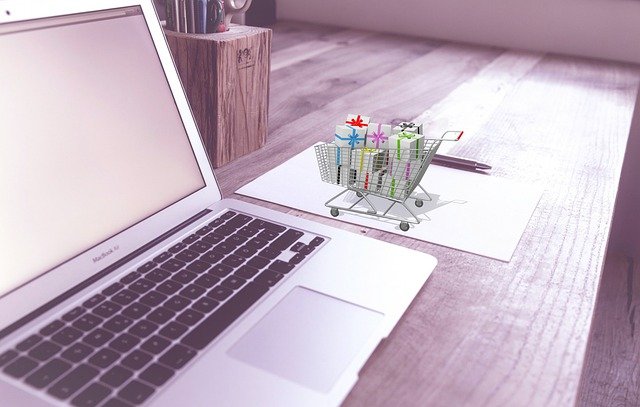Start your eco-upgrade in Washington State
Bottled water is expensive, inconvenient and bad for the planet. More and more families across Washington state are making the switch to home water filtration systems. One high-quality filter can replace hundreds of single-use plastic bottles — start your eco-upgrade today and enjoy clean, great-tasting water without the cost or waste.
Why are Washington residents ditching bottled water?
The shift away from bottled water in Washington is driven by several factors. First and foremost is the growing awareness of the environmental impact of plastic waste. With millions of plastic bottles ending up in landfills and oceans each year, many residents are seeking more sustainable alternatives. Additionally, the convenience of having clean, filtered water on tap at home is hard to beat. No more lugging heavy cases of water from the store or running out at inconvenient times. Lastly, the long-term cost savings of a home filtration system compared to regularly purchasing bottled water is a significant motivator for many households.
How do water filtration systems benefit the environment?
Water filtration systems offer a substantial environmental benefit by dramatically reducing plastic waste. A single high-quality filter can replace hundreds of single-use plastic bottles, significantly decreasing the amount of plastic that ends up in landfills or pollutes our waterways. This reduction in plastic production and disposal also leads to lower carbon emissions associated with the manufacturing and transportation of bottled water. By choosing a water filtration system, Washington residents are taking a proactive step towards reducing their environmental footprint and preserving the state’s natural beauty.
What types of water filtration systems are available?
There are several types of water filtration systems available to Washington residents, each with its own advantages:
-
Pitcher filters: These are affordable and easy to use, making them a popular choice for those just starting out.
-
Faucet-mounted filters: These attach directly to your kitchen faucet and provide filtered water on demand.
-
Under-sink filters: These systems are installed beneath your sink and offer more thorough filtration without taking up counter space.
-
Whole-house filtration systems: These filter all the water entering your home, ensuring clean water from every tap.
-
Reverse osmosis systems: These provide the most comprehensive filtration, removing even the smallest contaminants.
The best system for you will depend on your specific needs, budget, and the quality of your local water supply.
How effective are water filtration systems in Washington?
Washington is known for its generally high-quality water, but that doesn’t mean filtration is unnecessary. Even treated municipal water can contain trace contaminants, and well water may have additional issues. Water filtration systems can effectively remove a wide range of impurities, including chlorine, lead, bacteria, and other contaminants that can affect taste and health. Many Washington residents report noticeable improvements in water taste and clarity after installing a filtration system. It’s important to choose a system certified by NSF International or the Water Quality Association to ensure it meets rigorous performance standards.
What are the long-term cost savings of switching to filtered water?
While the initial investment in a water filtration system may seem significant, the long-term savings can be substantial. Let’s break down the costs:
| Item | Estimated Annual Cost |
|---|---|
| Bottled Water (1 case per week) | $520 |
| Pitcher Filter System | $100 |
| Under-Sink Filter System | $150 |
| Whole-House System | $300 |
Prices, rates, or cost estimates mentioned in this article are based on the latest available information but may change over time. Independent research is advised before making financial decisions.
As you can see, even the most comprehensive filtration systems offer significant savings compared to regularly purchasing bottled water. Over a 5-year period, a family could save anywhere from $2,100 to $2,600 by switching to a filtration system.
How can Washington residents choose the right filtration system?
Selecting the right water filtration system involves several considerations:
-
Water quality: Have your water tested to understand which contaminants need to be addressed.
-
Capacity needs: Consider your household size and daily water consumption.
-
Installation requirements: Decide whether you prefer a simple countertop solution or are willing to invest in a more permanent installation.
-
Maintenance: Factor in the cost and frequency of filter replacements.
-
Certifications: Look for systems certified by reputable organizations to ensure effectiveness.
-
Local regulations: Check if there are any specific requirements or restrictions in your area.
Many local water treatment companies in Washington offer free consultations to help you choose the best system for your needs. It’s also worth talking to neighbors or local community groups to get recommendations based on their experiences with different filtration systems.
By making the switch to a water filtration system, Washington residents can enjoy clean, great-tasting water while contributing to a more sustainable future. This eco-upgrade not only benefits your household but also helps preserve the natural beauty of the Evergreen State for generations to come.





